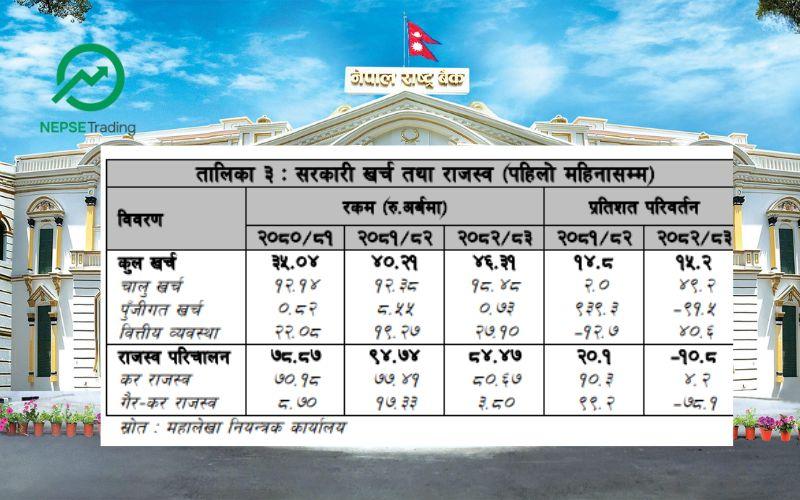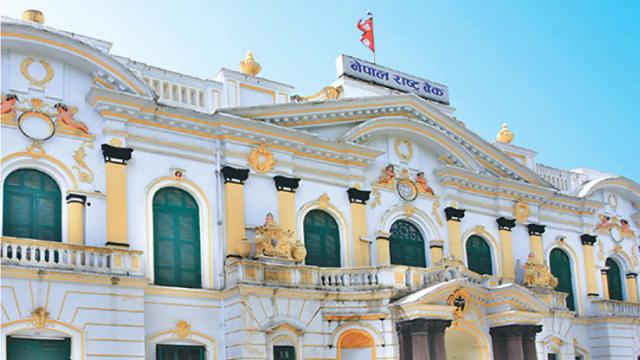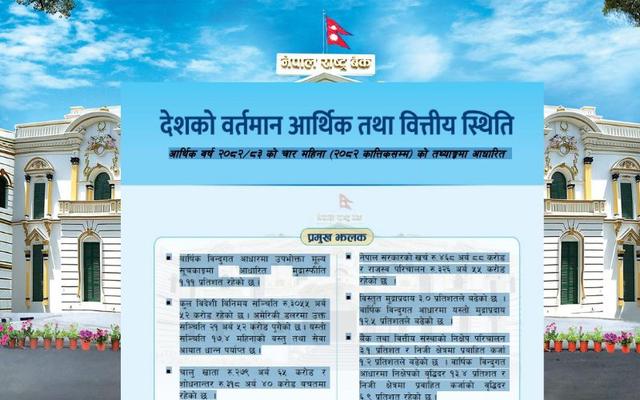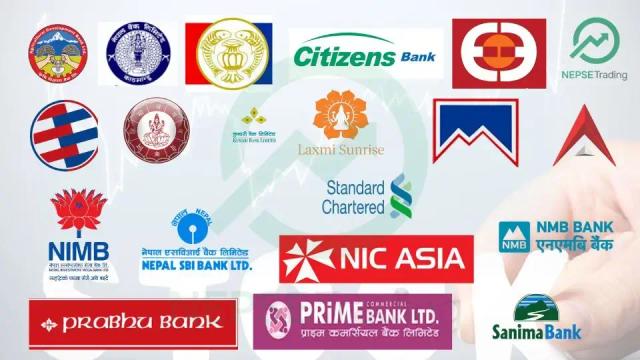Current Account and BOP in Surplus, But FDI Remains Weak
Author
NEPSE TRADING

Nepal recorded a surplus in both the current account and overall balance of payments (BOP) during the first month of FY 2082/83, signaling improved external stability. According to Nepal Rastra Bank, stronger remittance inflows, higher service income, and controlled payments contributed to this improvement, though foreign direct investment (FDI) inflows continued to decline.
The current account surplus reached NPR 78.14 billion in Shrawan, a sharp rise compared to NPR 33.08 billion in the same month last year. In US dollar terms, the surplus increased from USD 250 million last year to USD 560 million this year. This reflects a stronger ability to meet external payment obligations and maintain liquidity in the foreign exchange market.
During the review month, net capital transfers amounted to NPR 1.04 billion, up significantly from NPR 220 million in the same month last year.
However, FDI (equity only) fell to NPR 690 million, down from NPR 800 million last year. The decline points to continued investor caution despite improvements in remittance and external balances.
The overall balance of payments (BOP) showed a surplus of NPR 89.30 billion, more than double the NPR 40.90 billion surplus recorded last year. In US dollar terms, the BOP surplus grew from USD 310 million last year to USD 640 million this year. This indicates a stronger external financial position for Nepal at the start of the fiscal year.
Economists view the current account and BOP surpluses as a positive sign of short-term macroeconomic stability, supported mainly by remittances and controlled imports. However, the continuous decline in FDI remains a structural concern.
Experts stress that while remittances provide immediate stability, Nepal needs to create a more investment-friendly environment to attract sustainable foreign investment and reduce its long-term dependence on migrant labor income.



